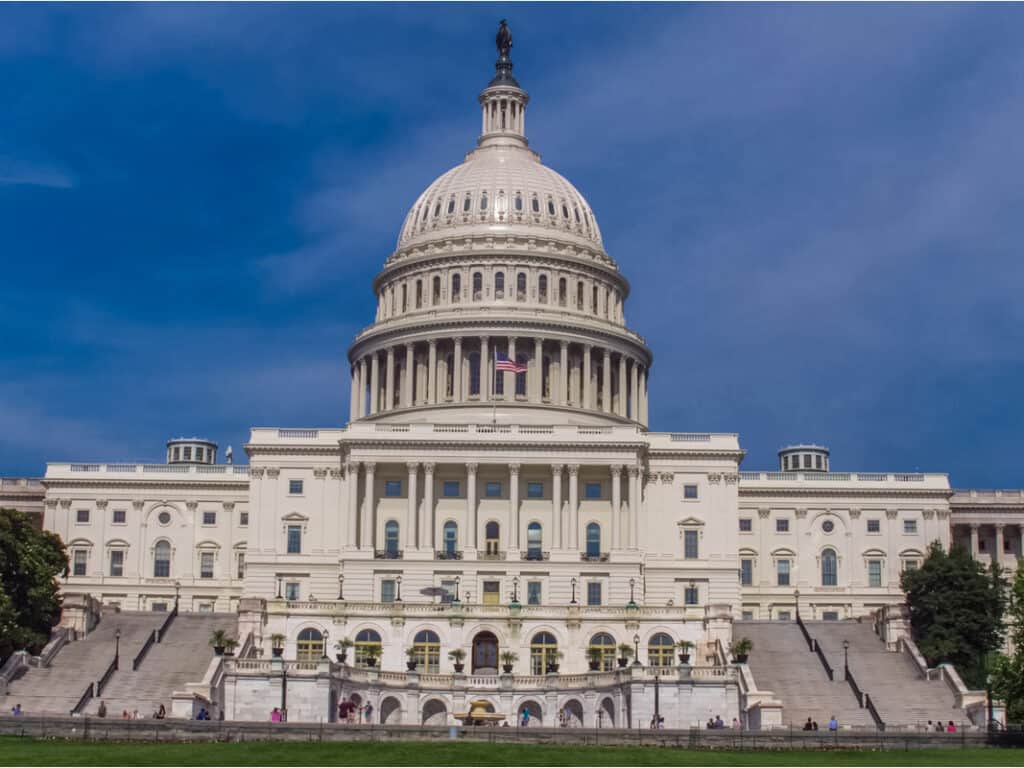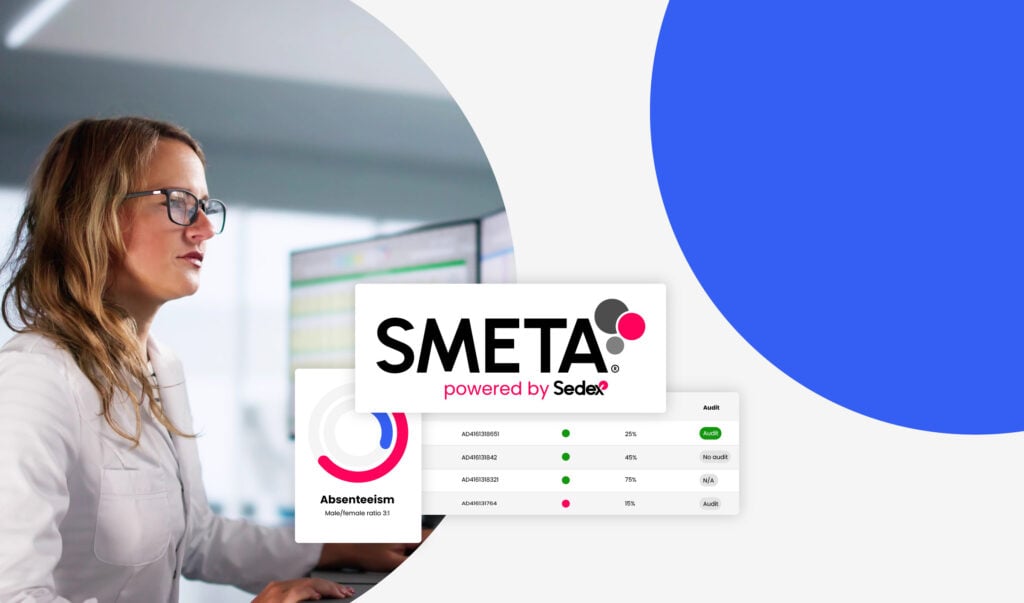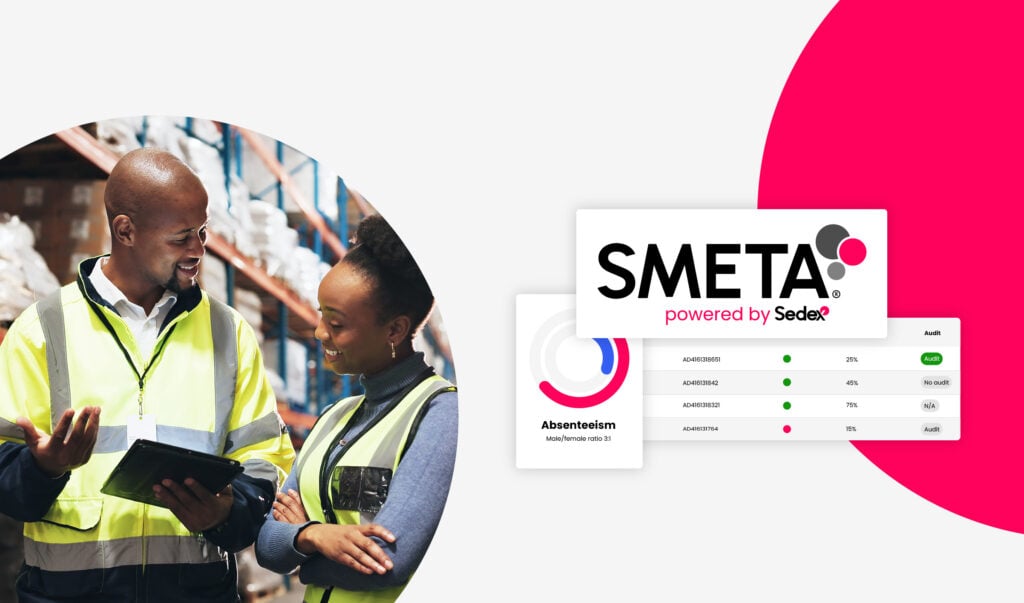EU Corporate Sustainability Due Diligence Directive: Sedex Perspective
In 2022, the European Union (EU) introduced draft legislation on corporate sustainability. It will require some companies operating in the EU to conduct human rights and environmental due diligence.
The Corporate Sustainability Due Diligence Directive (CSDDD) sets out responsibilities for companies regarding the social and environmental impact of their own and their suppliers’ operations. It outlines companies’ responsibility to identify risks, prevent negative impacts, communicate progress and, where appropriate, provide remedy.
Sedex welcomes this draft Directive, which will be a landmark EU human rights and environmental law. It aims to create a level playing field for businesses’ efforts to protect people and the environment in global supply chains.
Who will this Directive apply to?
The scope of the Directive changed as it was debated between the EU Council, Parliament and Commission. In the final version, the scope of the Directive will begin with the biggest companies and expand over a few years. By 2029, it will apply to:
- EU-based companies with more than 1,000 employees with an annual turnover greater than €450 million.
- Non-EU companies that generate a turnover greater than €450 million in the EU each year.
What do companies need to do?
To comply with this new EU due diligence duty, companies will have to:
- Integrate human rights and environment due diligence into their policies and processes.
- Identify actual or potential adverse human rights and environmental impacts in their own operations, subsidiaries and supply chain.
- Prevent or mitigate potential impacts.
- End or minimise actual negative impacts.
- Establish and maintain a complaints procedure.
- Monitor the effectiveness of due diligence policies and measures.
- Publicly report on their due diligence efforts.
Companies will be legally responsible for respecting the human rights of workers, through tackling issues such as child labour, forced labour and discrimination. Companies of a certain size also need a plan to ensure their business strategy is compatible with the Paris Agreement commitment to limit global heating to 1.5°C.
Crucially, the CSDDD also includes a directive for corporate sustainability governance. Internal due diligence processes and policies on sustainability must be embedded into businesses, with company directors held responsible for an organisation’s actions.
Once the full details of the Directive are agreed between the European Commission, Council and Parliament, EU member countries will each create their own laws. The 27 Member States will have two years to translate the legislative Directive into national law.
How can companies prepare for these rules?
A range of tools can help companies to meet these requirements, including risk analysis, supplier self-assessments, on-site auditing and human rights impact assessments. Mapping supply chains beyond direct suppliers and carrying out a risk assessment to build greater visibility of sustainability risks are essential. This is because social and environmental risks exist throughout global supply networks.
Partnerships across supply chains and technology such as worker voice can also help companies gather more information about workplace conditions around the world. Storing supply chain sustainability information in a central platform also enables data analysis and cross-referencing insights from different sources.
For help on how to identify, mitigate and address human rights and environmental risks, contact Sedex’s expert Consulting team.
Our global network of 85,000+ businesses and 120,000 supplier worksites can help you build better global visibility of your supply chain.
Sedex analysis
The Corporate Sustainability Due Diligence Directive combines organisations’ responsibilities on human rights, the environment and how businesses manage their impacts in these areas. Companies will need to look at their approach across environmental, social and governance (ESG) areas. They’ll have to identify their impacts not only in their own organisation, but also in their supply chains.
Similar to Sedex’s recommended approach to sourcing responsibly, the Directive highlights how important it is for businesses to collaborate to drive progress. For example, by participating in industry schemes and initiatives, companies work together to make improvements on a wider scale using their collective leverage.
While Sedex welcomes this legislative proposal, the Directive can be confusing and is yet to be transposed into EU countries’ national laws. As a first step, we suggest companies work to understand the requirements of the Directive. Look at what the expectations are and what your business already does, to start identifying any gaps.
The legislation is heavily based on Organisation for Economic Co-operation and Development (OECD) guidelines and the United Nations Guiding Principles on Business and Human Rights (UNGPs). Sedex’s methodology, tools and Consulting services are built on these frameworks. This means we can support you at any stage of preparing to meet the CSDDD’s requirements, and adjust this support to the requirements of the associated national laws as these are introduced. Our Consulting team can also help companies to balance these rules against other sustainability-related requirements, such as ESG reporting or supply chain transparency laws.
While small-to-medium enterprises (SMEs) are unlikely to be in scope for this legislation directly, they are likely to have sustainability due diligence requirements passed onto them by their business customers. We recommend SMEs also prepare for this responsibility by getting your own sustainability due diligence systems and policies in place.
Will the legislation protect workers and the environment?
One area the current draft legislation will need to be clearer on is how it will protect workers. Currently, only organisations that businesses have lasting relationships with will be included. This means that factors that lead to high risk, such as temporary contracts/seasonal suppliers, could be excluded – creating a loophole.
These factors represent some of the most at-risk workers and hinder the detection of social and environmental issues. If these companies, contracts and workers aren’t included in this legislation, they may fall through the gaps. Workers’ rights and the environment would be at a greater risk of continuing to be harmed.
Contact Sedex today to learn more about this legislation and how we can support your business.



